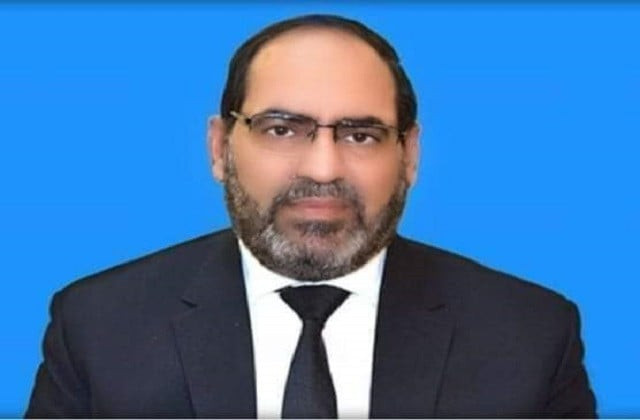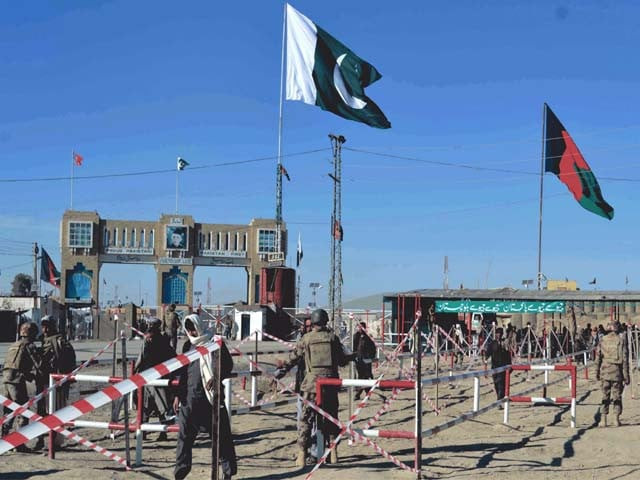The Controversial Transfer of Judges: Implications for Pakistan’s Judiciary
In a noteworthy recent development, two members of the Supreme Court’s constitutional bench have raised serious concerns about the transfer of three judges to the Islamabad High Court (IHC). According to a dissenting note penned by Justice Naeem Akhtar Afghan and supported by Justice Shakeel Ahmad, the method and timing of these transfers suggest ulterior motives aimed at disrupting the independence of the judiciary.
Let’s break down what happened. On February 1, a notification was issued by the Ministry of Law, moving Justice Sardar Muhammad Sarfraz Dogar, Justice Khadim Hussain Soomro, and Justice Muhammad Asif from their respective high courts to the IHC. Shortly after, the IHC introduced a new seniority list, promoting Justice Dogar to the position of senior puisne judge. This sudden change sparked discontent among five existing IHC judges, who formally protested the new rankings, only to find their objections dismissed by the then IHC chief justice, Aamer Farooq.
This led to a significant legal challenge, where even notable figures like Imran Khan joined in opposing the Ministry’s decision and the resulting seniority list. Although the Supreme Court’s five-member constitutional bench ultimately voted to uphold the transfers, the dissenting judges argued that the decisions were less about judicial integrity and more about consolidating power within the IHC.
So, what were the dissenting judges worried about? They contended that the hurried process for transferring these judges seemed designed to deny the then senior puisne judge, Mohsin Akhtar Kayani, a rightful place as IHC chief justice. Justice Afghan and Justice Ahmad argued that the entire operation lacked transparency, failing to establish clear criteria for selecting the new judges, which further deepened the controversy.
In their dissent, the judges underscored that the one-sided nature of these transfers not only compromised the immediate stability within the IHC but also risked long-term implications for Pakistan’s legal framework. They warned that such erosion of judicial independence could lead to greater instability and detrimentally impact public trust in the system. The dissenting opinion stressed the importance of adhering to the Constitution and upholding the rule of law as fundamental to Pakistan’s future.
While the Ministry of Law may have viewed this operation as a move to strengthen the IHC, the dissenting judges cautioned that prioritizing short-term gains over constitutional integrity could ultimately undermine the nation’s commitment to justice and governance.
In a rapidly evolving legal landscape, where trust in governmental institutions is critical, discussions around these topics should continue. Engaging in dialogue about the integrity of our judicial processes is essential for promoting transparency and accountability in governance.
For resources and insights to stay updated on these developments and more, consider connecting with Pro21st. Together, we can navigate the complexities of our judicial landscape.
At Pro21st, we believe in sharing updates that matter.
Stay connected for more real conversations, fresh insights, and 21st-century perspectives.





